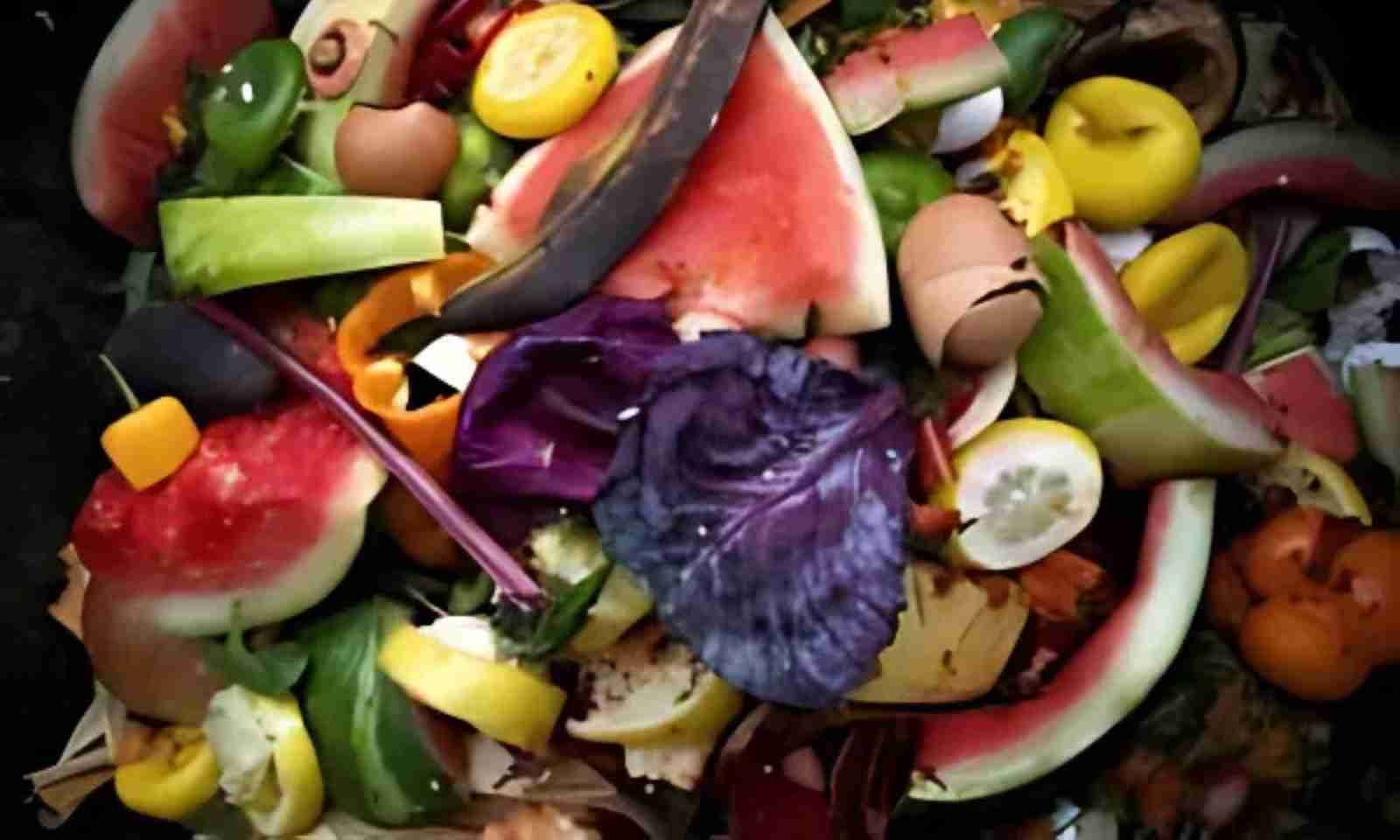

Consider using old fabrics, ie lavalava, or pillowcases to wrap gifts this Christmas.
Photo/myLife
Waste not, gift thoughtfully: A Pacific approach to sustainable festivities
Therese Mangos discusses how ancestral values and mindful planning can help whānau reduce waste and reconnect during the holidays.
As the festive season brings warmer days, joyous gatherings, family feasts, and gifts, it often results in big bags of rubbish and food waste.
On average, Kiwis produce 30 per cent more landfill waste over Christmas.
This trend is mirrored in other countries that celebrate Christmas, with global waste levels increasing by around 30 per cent during the festive season.
PMN News spoke with Therese Mangos, a Kaihautu at Pacific Vision Aotearoa, a Tāmaki Makaurau-based organisation that empowers and resources people with regenerative living.
Mangos emphasised the importance of ancestral intelligence in guiding their work and the need to "keep life simple”.
She noted that while we embrace the spirit of giving, it often comes at a cost - to ourselves and the environment.
“We're giving a lot of stuff, but it's actually giving at a cost. A cost to ourselves and the environment.”
Here are some tips from Mangos for being environmentally conscious this holiday season.
Keep calm and care for creation
Preparation, planning, and intention are key.

Therese Mangos emphasises the importance of ancestral intelligence in guiding their work and the need to "keep life simple”. Photo/Therese Mangos
Mangos says that to be environmentally friendly, we need to approach it with a calm mindset.
Revert to communal living, where everyone contributes. Establish clear communication to delegate tasks and share responsibilities for meal preparations.
“It will never happen when we are stressed and when we've kind of got too many things happening. The kids are on holiday. We're all trying to do gifts, right? So, first of all, stay calm, keep cool.”
Keep it real
Choose real cutlery, plates, glasses, and mugs instead of disposable items.
Mangos says the goal for Christmas is to avoid creating any rubbish. Instead of using bulk paper plates and cutlery, consider the clean-up time an opportunity to make memories.
“It restores our connection to each other by keeping it real.”
Gift with aroha
Mangos says the “true gift” is in how we give.
Her family reuses pareu (wrap-around fabric) to wrap gifts. Also, could you consider using, e.g., lavala, pillowcases, old fabric, or repurposed blankets as gift bags? You can even make bows from newspapers or children’s artwork for sentimental wrapping.
Gift plants or fruit trees, which connect us to ancestral agricultural practices.
The most valuable gift is your time. Spending time with loved ones, whether playing your child’s favourite game, working in Dad’s work shed, or helping Mum in the kitchen, can create lasting bonds.
“I think that's our greatest in this absolute chaotic world that we're living in, where we're all just throwing ourselves from one thing to another… We can be part of each other's worlds.”

On average, Kiwis produce 30 per cent more landfill waste over Christmas. Photo/jgpears
Less is more
Shift your focus from instant gratification to pre-loved and handmade gifts. A jar of cookies can be the perfect gift for someone who enjoys a good tea break.
“Let’s not go to landfill shops. That's what we call our $2 shops. Because they last one second and end up in the rubbish.”
Mangos says that making the extra effort can lead to rewarding and sentimental gifts that cost nothing.
I shared with Mangos that my family has refillable glass baubles. Because we live in various parts of the motu, we fill the baubles with land, dirt, or sand from our backyards to decorate Nan’s place and hang on the Christmas tree.
At the end of the season, we give the land back.
How to stop wasting kai
“Cook to your size.”
Avoid overbuying or overcooking. Bringing a plate doesn’t have to mean getting the biggest pot you own.
Be cautious about storing your kai, particularly since food spoils faster in warmer weather. Mangos recommends refrigerating food within two hours of it sitting out.
Keep a food scraps bucket for compost. If you don’t have a compost bin, consider burying organic waste in your garden.
“If it's not eaten, it ends up being returned back to the life that's in the soil. So I think it's just understanding that it is from the life in the soil that grew this food.”
No matter how you spend this holiday season, make it meaningful. As stewards of our fonua (land), let’s take small steps towards caring for the land and moana (ocean) in respect of our tupuna (ancestors) for generations to come.


